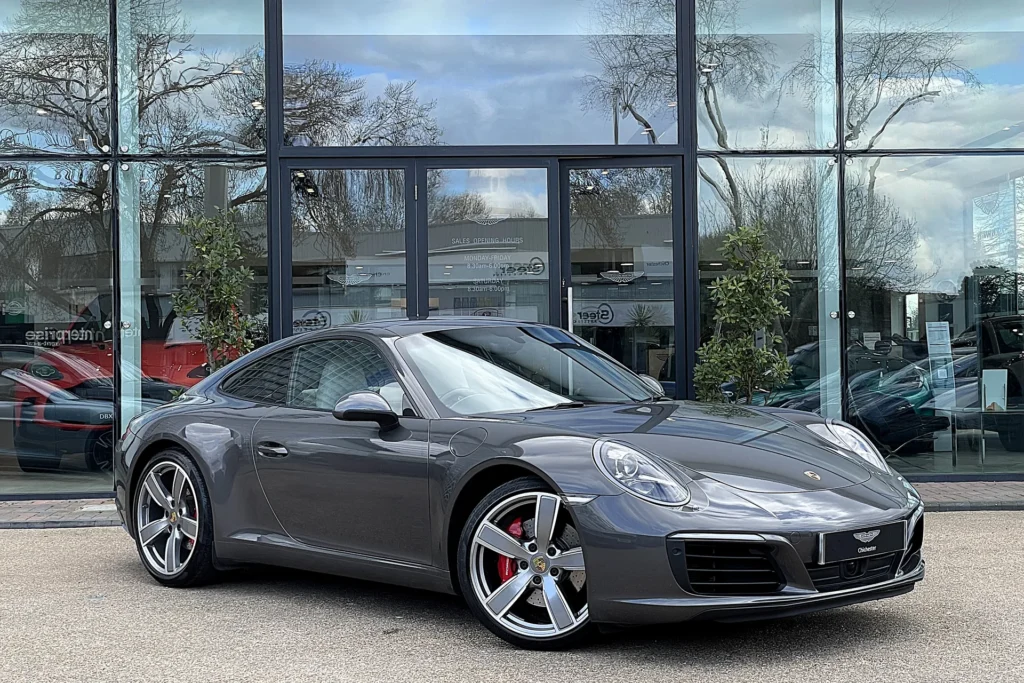- Web
- Feb 05, 2026
Porsche reports 8pc drop in Q1 deliveries amid trade war uncertainties
-

- Web Desk Karachi
- Apr 09, 2025

LONDON: Porsche has reported a significant decline in orders from Europe and China during the first quarter of the year, despite a notable increase in deliveries to the US.
The luxury car manufacturer recorded a 37 percent rise in North American deliveries from January to March, totalling 20,698 vehicles. This boost was partly attributed to low delivery figures in the same period last year, which were affected by delays related to import restrictions on Chinese components.
However, the surge in US orders could not compensate for substantial declines in other markets. Deliveries in China plummeted by 42 percent, while decreases were observed in Germany and the rest of Europe, with drops of 34 percent and 10 percent, respectively. Overall, Porsche’s total vehicle deliveries fell by 8% to 71,470 in the first quarter.
The downturn in orders is occurring alongside the US president’s implementation of a 25 percent tariff on car imports, which is part of a broader trade tariff initiative that has led to a sharp sell-off in global stock markets.
These tariffs pose a significant challenge for an automotive industry already facing a decline in consumer spending and stiff competition from electric vehicles, particularly from Chinese manufacturers. Porsche did not specify whether the tariffs had directly impacted its sales.
Porsche’s 2024 China sales fall by 28%
In Europe, part of the decline in deliveries can also be attributed to the discontinuation of certain models, including the 718 and the combustion-engine Macan, which did not comply with new EU cybersecurity regulations. Nonetheless, the Macan remained Porsche’s most popular model during this period, seeing a 14% increase in deliveries, with over 60 percent being all-electric variants.
Porsche’s shares, which are traded in Frankfurt, have lost about 25 percent of their value since the beginning of the year as investors anticipate the potential negative effects of Trump’s tariffs. On Tuesday, the shares remained stable.
Several prominent car manufacturers worldwide are seeking strategies to mitigate the impact of these new tariffs. Recently, Jaguar Land Rover announced it would temporarily halt shipments of its UK-made vehicles to the US for one month while it evaluates the new trading conditions. JLR, one of the UK’s largest car manufacturers, sells around 400,000 models, including Range Rover Sports and Defenders, annually, with almost 25 percent of these sales going to the US.
The Institute for Public Policy Research recently highlighted that approximately 25,000 jobs in UK-based car manufacturing are significantly reliant on exports to the US, putting them at risk. In fact, one out of every eight cars produced in the UK is sold to American customers.




